Further Reading
BeardieVet (Facebook) — BeardieVet is a blog detailing Dr. Jonathon Howard’s veterinary research on Pogona species. What makes his research unique is that he is using healthy wild bearded dragons in Australia to form the baseline of his research, and his discoveries and insights will change your bearded dragon husbandry for the better.
BeardieVet Explains (YouTube) — Essentially a bearded dragon husbandry masterclass based on Dr. Howard’s research in Australia.
Beautiful Dragons — Comprehensive list of fruits, vegetables, and insects rated according to how safe they are to feed a bearded dragon. Great tool for making sure your beardie gets a varied diet!
Here B Dragons — If you want to know more about bearded dragon colors, patterns, and other genetic traits, Here B Dragons explains it thoroughly in this article.
Your First Bearded Dragon — Care guide assembled by Frances Baines MRCVS, author of the UV Guide.
Forums and Communities
Bearded Dragons Network (Facebook) — Bearded dragon groups have a tendency to err on the side of critical and highly aggressive, which can be very discouraging for new beardie owners. This community approaches beardie husbandry with a wealth of knowledge for both beginners and more experienced keepers alike. Plus I’m one of the moderators, so you know it’s good. 😉 Be sure to read the rules and files!
Bonkers About Beardies (Facebook) — Group dedicated specifically to setting up and maintaining bioactive enclosures for bearded dragons.
How Not to Slay the Dragon (Facebook) — This group is the long-awaited Advancing Herpetological Husbandry-affiliated Facebook group specific to bearded dragons and their care. Like AHH, the focus of this group is scientific fact and education through civil discourse. The goal is to help bearded dragon owners provide high-quality, naturalistic care for their pets. A must-join!
Muscular Dystrophy Bearded Dragons (Facebook) — Support group for owners of bearded dragons with muscular dystrophy. “There is a growing number of bearded dragons sold in pet stores that are afflicted with a type of muscular dystrophy. They have inflexible joints, spastic muscle control, weak muscles, and often flip themselves over instead of moving forward. It is almost always misdiagnosed as Metabolic Bone Disease, but it’s not a calcium issue. It’s a neurological issue that can’t be fixed yet.” If you think your beardie may have muscular dystrophy, join this group.
Scientific Research
- A Comparison of Two Variants of the Bearded Dragon, Amphibolurus barbatus (Cuvier) by Judith Badham, 1971
- A survey of diseases in captive bearded dragons: a retrospective study of 529 patients by S. Schmidt-Ukaj et al., 2017
- Adenoviruses in free-ranging Australian bearded dragons (Pogona spp.) by Jonathon G. Howard et al., 2019
- Colour change on different body regions provides thermal and signalling advantages in bearded dragon lizards by Kathleen R. Smith et al., 2016
- Correlates of active body temperatures and microhabitat occupation in nine species of central Australian agamid lizards by Jane Melville and James A. Schulte II, 2002
- Hormonal and thermal induction of sex reversal in the bearded dragon (Pogona vitticeps, Agamidae) by Jan Ehl, Jasna Vukić, Lukáš Kratochvíl, 2017
- Prevalence and risk factors for dental disease in captive Central bearded dragons (Pogona vitticeps) in the United Kingdom by Rebecca Mott et al., 2021
- The Australian bearded dragon may hold secrets to human sleep — Science Magazine, 2020
- The diet of free-roaming Australian Central Bearded Dragons (Pogona vitticeps) — Oonincx DG et al., 2015
- Waking the sleeping dragon: gene expression profiling reveals adaptive strategies of the hibernating reptile Pogona vitticeps by Alexander Capraro et al., 2019
Videos
BEARDED DRAGONS IN THE WILD! (are we keeping them correctly?) — Dāv Kaufman’s Reptile Adventures
